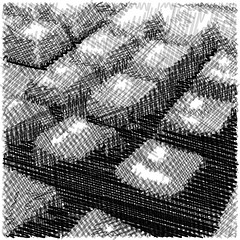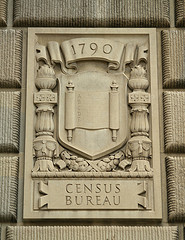Keeping your computer virus-free shouldn’t be difficult, but it is. There’s so much to do and see on the Internet that it’s easy to get complacent about Internet security and open yourself up to computer viruses and malware. And nobody wants that.
But the good news is that you can avoid the hassle of viruses, malware, etc. by changing some bad habits. Take the tips we’ve come up with to heart and you’ll be on the road to keeping your PC free from the threat of viruses and malware.
- Stop checking out those sites:
You know which ones I’m talking about. The ones you don’t want Grandma seeing in your browser history (as if granny looks at that anyhow). I’m not going to name any names, but if there’s anyone who has access to your computer who’s visiting those sites on a regular basis, limiting access to those sites will go a long way in keeping your PC virus-free. Those sites are usually full of malware, drive-by downloads, and popups galore; a virtual malware minefield.
- Stop opening those attachments:
If you’re not expecting a picture or a PDF, be wary of any that find their way to your email inbox. Hackers love to slip their viruses and malware into email attachments because they know they’re going to get clicked. And if they’re clicked, they’re getting their bad stuff installed. Scrutinize every email attachment and don’t click on it, download it, or even preview it until you’re sure it’s from a reliable source.
- Stop sharing passwords:
Err on the side of caution and treat your passwords like they’re your Social Security number. (And why would you give that out to just anybody?) Keep your passwords as safe as you would your Social Security number and you’ll instantly decrease the chances of anyone else getting onto your computer or accounts and accidentally putting spyware or other nastiness on your machine.
- Stop surfing without protection:
There’s a reason that the Internet security industry is around: Because anti-virus and anti-malware products help keep (or get) your computer clear of infections. Using a computer without some kind of protection is just a bad idea. Download StopSign Internet Security software to keep safe.
If you can keep those tips in mind and make them your new habits, you’ll be well ahead of the pack when it comes to keeping your computer virus and malware-free.
If you're looking for great anti-virus software that won't break the bank, try StopSign. You don't pay extra for tech support for difficult malware, and our web protection software just works. Download & install StopSign to find out why our members choose us over the other options.









Recent Blog Comments